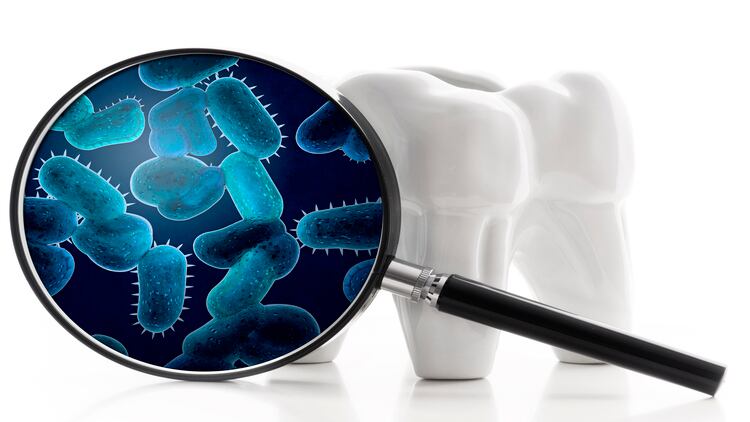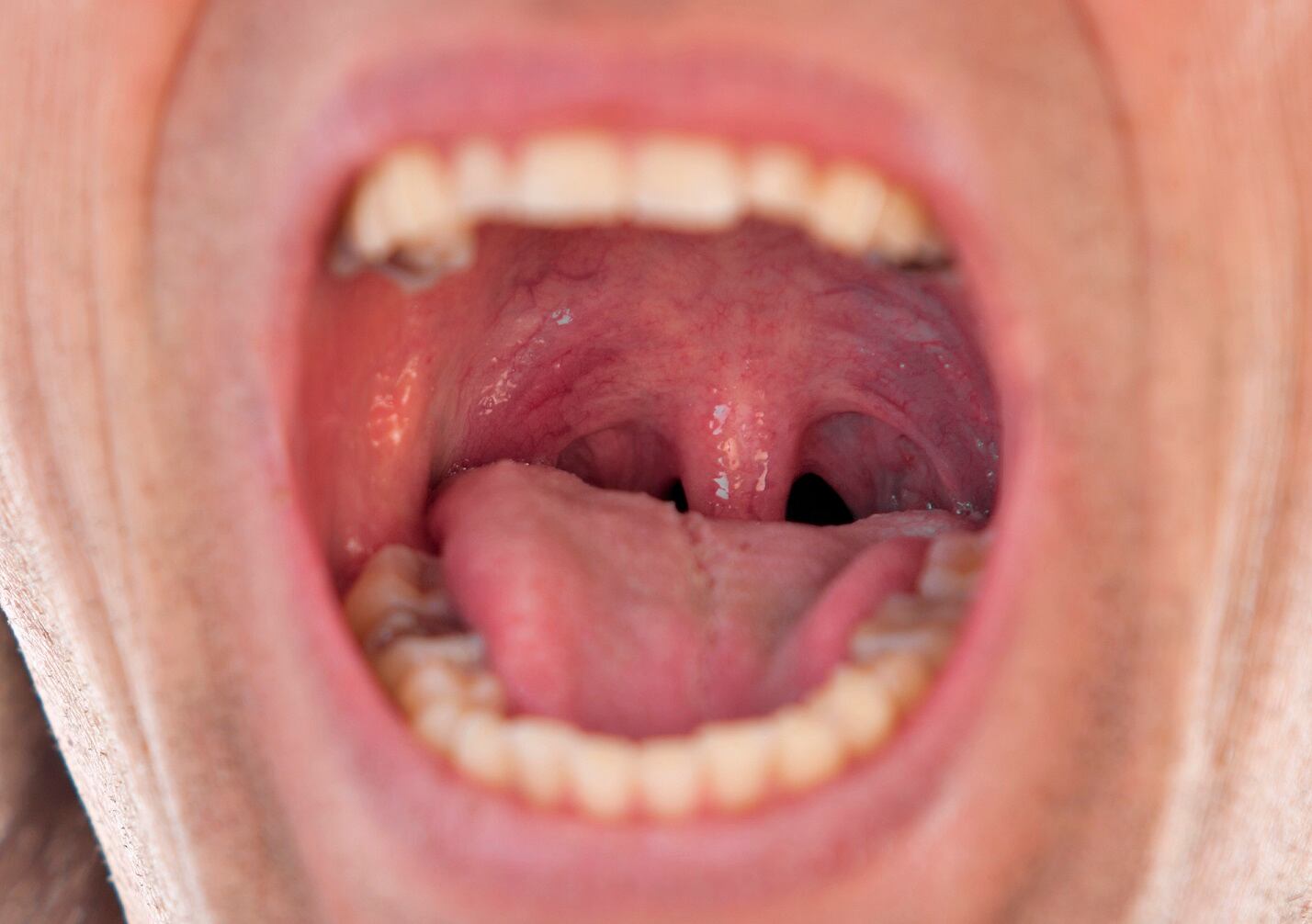A study by Millar et al was one of the first to look at the use of various microorganisms for dental purposes and it was later proved that the number of oral pathogens decreased with the intake of probiotics and in particular the reduction of Streptococcus mutans and Candida albicans.
Now researchers in Moscow have found that probiotic intake has a positive effect on plaque accumulation.
The study was designed to explore the effect of oral probiotics containing the Streptoccus salivarius K12 strain on the salivary level of secretory immunoglobin A (sIgA), salivation rate and oral biofilm. Immunoglobulin A is an antibody protein that plays a significant role in the immune system and are in the mucous so are the first line of defence against colds, viruses and illness.
Patients meeting the inclusion criteria were split into two groups – half taking placebo and half taking probiotics.
They were all asked to brush their teeth using a toothpaste without any antibacterial or antiplaque components twice a day. They all had to have more than 20 permanent teeth and no systemic or chronic diseases and could not have more than five cavities nor be taking supplements or antibiotics within a month of the study. They had taken one lozenge a day for four weeks and then two weeks without before the stability of the achieved results was assessed.
After four weeks of intervention and two weeks of washout, the unstimulated salivation rate, concentration of sIgA, Turesky index - a method used by dentists to assess plaque and Papillary-Marginal-Attached index which looks at the nature and extent of gingivitis were all used as part of the assessment.
Significant plaque reduction
No increase was found in IgA and salivary flow rates in the probiotic group in comparison with the placebo group. However, a significant decrease in plaque accumulation was observed in the probiotic group at four and six weeks.
The oral cavity harbours the second largest microbiome in the human body. The microbial community hosts more than 700 species and is based on the interactions of microorganisms with the host environment as well as on their interaction with each other. A healthy oral cavity is characterised by a dynamic balance between non-infectious (commensal) and opportunistic (cariogenic) microorganisms. The balance can be tipped by a high-carb diet, poor oral hygiene, some medications and systemic diseases.
Tooth decay, leading to cavities, is the most common non-communicable disease worldwide caused by an imbalance of the opportunistic microorganisms including various types of streptococci and lactobacilli, actinomyces, bacteroides and bifidobacteria. In this regard, replacing these microorganisms with non-infectious types is one of the possible ways to tackle tooth decay. This can be done by using drugs or supplements that restore the balance of microflora – oral biotics and probiotics.
Previous strains unsuccessful
The researchers said that the most used probiotics by dentists are strains that are often unsuccessful in colonising oral tissues which is why a new generation of probiotic strains containing streptococci has been developed.
The researchers wrote: “We readily acknowledge several limitations to our study. Further research with a larger sample size is planned based on the data generated in this present study. A four-week intake of probiotics with two-week washout are relatively short periods. Moreover, although probiotics may affect different salivary components, we assessed the influence of probiotics on a single protein, sIgA, having hypothesised this parameter would be the most sensitive one to probiotic intake.”
Source: Nutrients
Published online: https://doi.org/10.3390/nu14051124
'The Effect of Oral Probiotics (Streppococcus Salivarious k12) on the Salivary Level of Secretory Immunoglobulin A, Salivation Rate, and Oral Biofilm: A Pilot Randomised Trial'
Authors: Ksenia Baina et al



